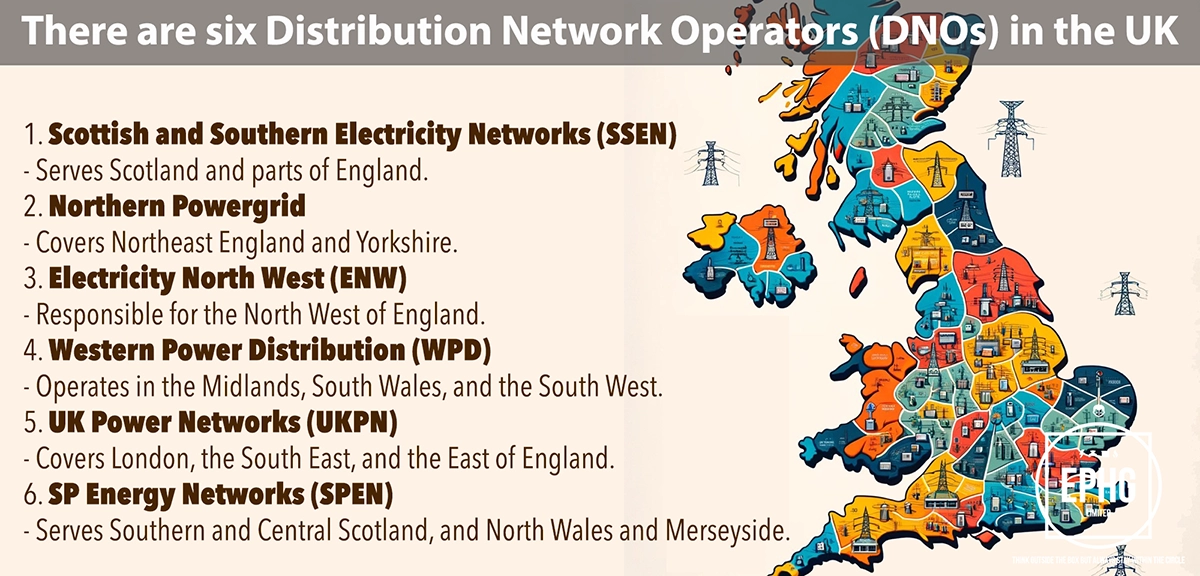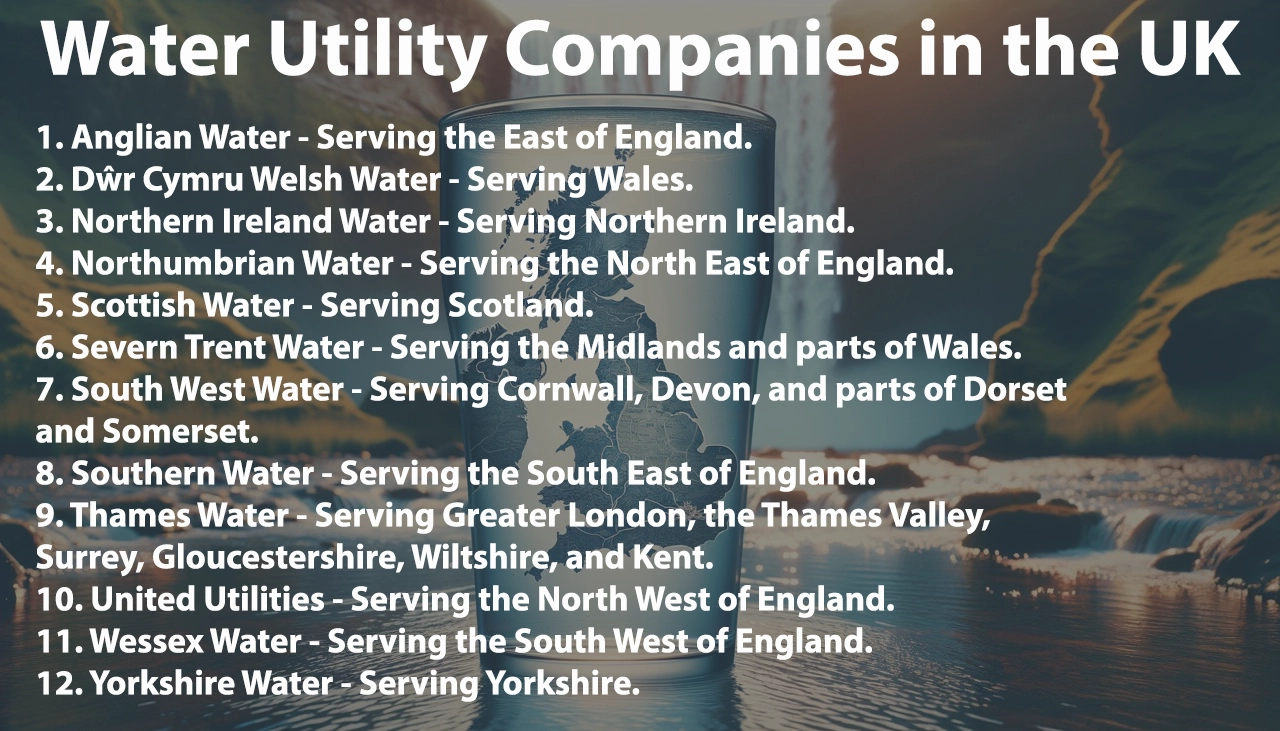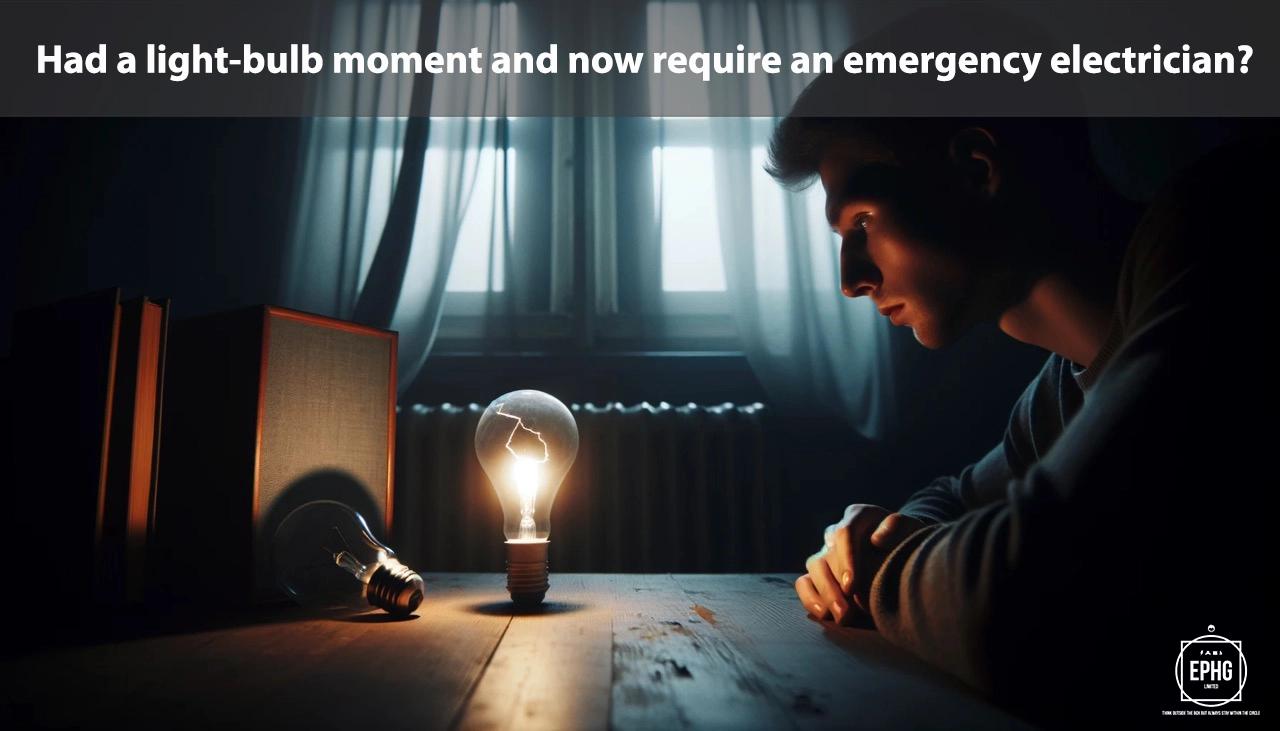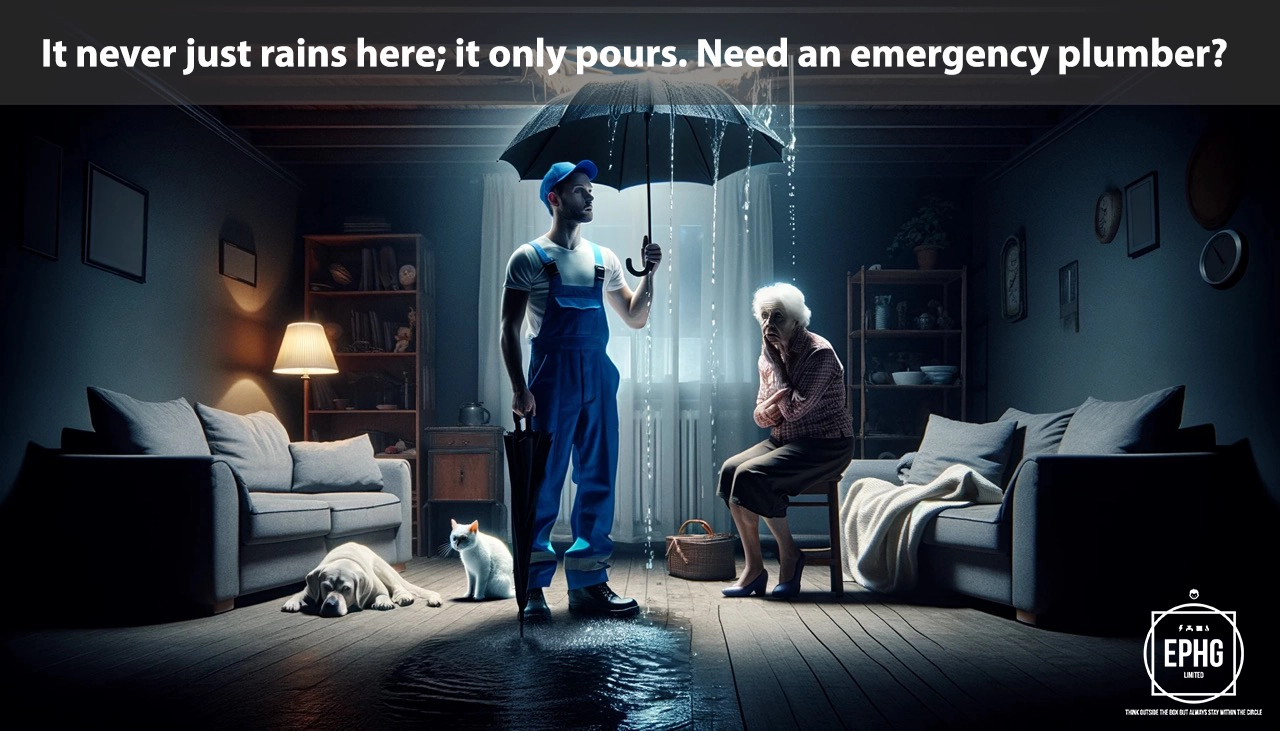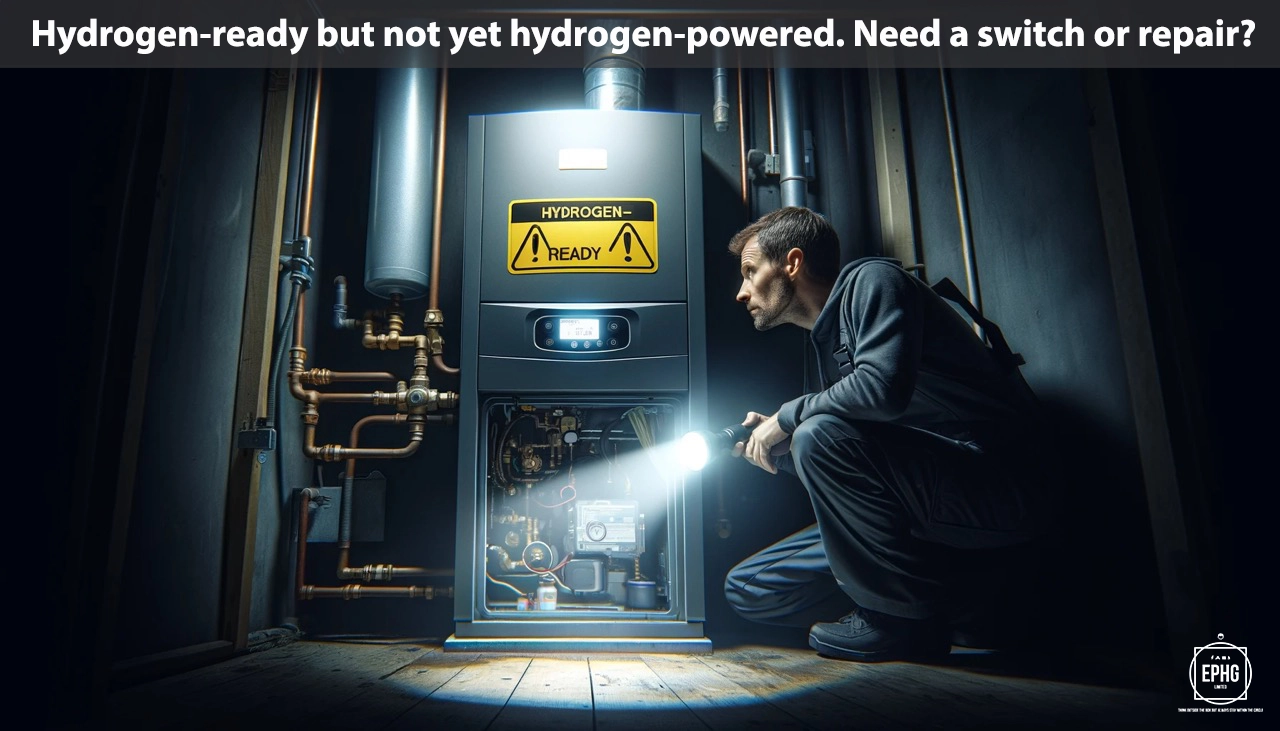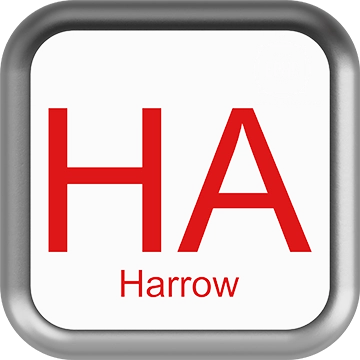
HA Postcodes for Utilities & Services in Harrow
Introduction: The HA postcode area, encompassing Harrow and its neighboring regions, provides essential information on local utilities such as water and electricity supply. This guide is designed to assist residents and businesses in navigating the services available for a sustainable lifestyle.
Water in Harrow
Where does the water supply come from in Harrow, and is there ever a shortage of water?
In Harrow, the water supply primarily comes from the River Colne and the River Brent. These rivers, supported by advanced treatment processes, ensure the provision of clean and safe water to the local community. Despite the generally stable supply, Harrow faces challenges such as potential summer droughts and urban demand that can affect water availability. The local water infrastructure and conservation measures play vital roles in managing these issues, ensuring the community does not face significant water shortages.
What is the hardness & quality of the water in Harrow, and can this affect your health?
The water in Harrow is generally classified as moderately hard due to its mineral content, primarily sourced from the River Colne and the River Brent. While moderately hard water has higher levels of calcium and magnesium, it is safe for consumption and contributes to daily mineral intake. Stringent testing ensures the water meets health and safety standards, although residents may notice scale buildup in appliances, which can be managed with regular descaling. The overall water quality in Harrow remains high, ensuring it is safe and beneficial for all residents.
Electricity in Harrow
Where does the electric supply come from in Harrow and what is the future of energy there?
The electric supply in Harrow primarily comes from the national grid, with a significant portion generated from renewable sources such as wind and solar power, reflecting a growing trend towards sustainability. The area is increasingly embracing green initiatives, including the installation of solar panels on residential and commercial buildings and the promotion of electric vehicle use among residents. The future of energy in Harrow is focused on further reducing carbon emissions and increasing the use of renewable resources. Local authorities and community groups are working together to implement innovative energy solutions, aiming to make Harrow a leading example of energy efficiency and sustainability in the UK.
When is hydrogen coming to gas boilers in Harrow?
The transition to hydrogen for gas boilers in Harrow is in the planning stages as part of the broader UK initiative to decarbonize heating systems. The area is expected to follow national guidelines and timelines, with pilot projects and infrastructure development anticipated in the coming decade. Residents will be informed ahead of time to prepare for this transition, with local authorities providing guidance and support. In the meantime, Harrow residents are encouraged to maintain their gas boilers and consider energy-efficient alternatives where possible to reduce their environmental impact.
Where does the wastewater go in Harrow?
In Harrow, wastewater collection and treatment is a critical service, ensuring the health and hygiene of the community. Wastewater from homes, businesses, and industrial sites is treated at local facilities, where it undergoes extensive cleaning processes before being safely released back into the environment. The area's wastewater management systems are designed to meet strict regulatory standards, protecting local waterways and the broader ecosystem. Continuous improvements and investments in infrastructure ensure that Harrow remains at the forefront of effective wastewater treatment practices.
Regions and Services:
The HA postcode area offers a variety of environments, from bustling urban centers to serene suburban landscapes. Key regions include:
- Harrow: The core of urban development in the area, featuring comprehensive electrical, gas, and water services, alongside a focus on sustainability and renewable energy initiatives.
- Edgware and Stanmore: Suburban towns that balance traditional services with modern infrastructural developments, reflecting a blend of historical charm and contemporary living.
- Ruislip and Pinner: Areas known for their green spaces and community-oriented services, these suburbs are seeing gradual integration of renewable energy solutions into their existing utility frameworks.
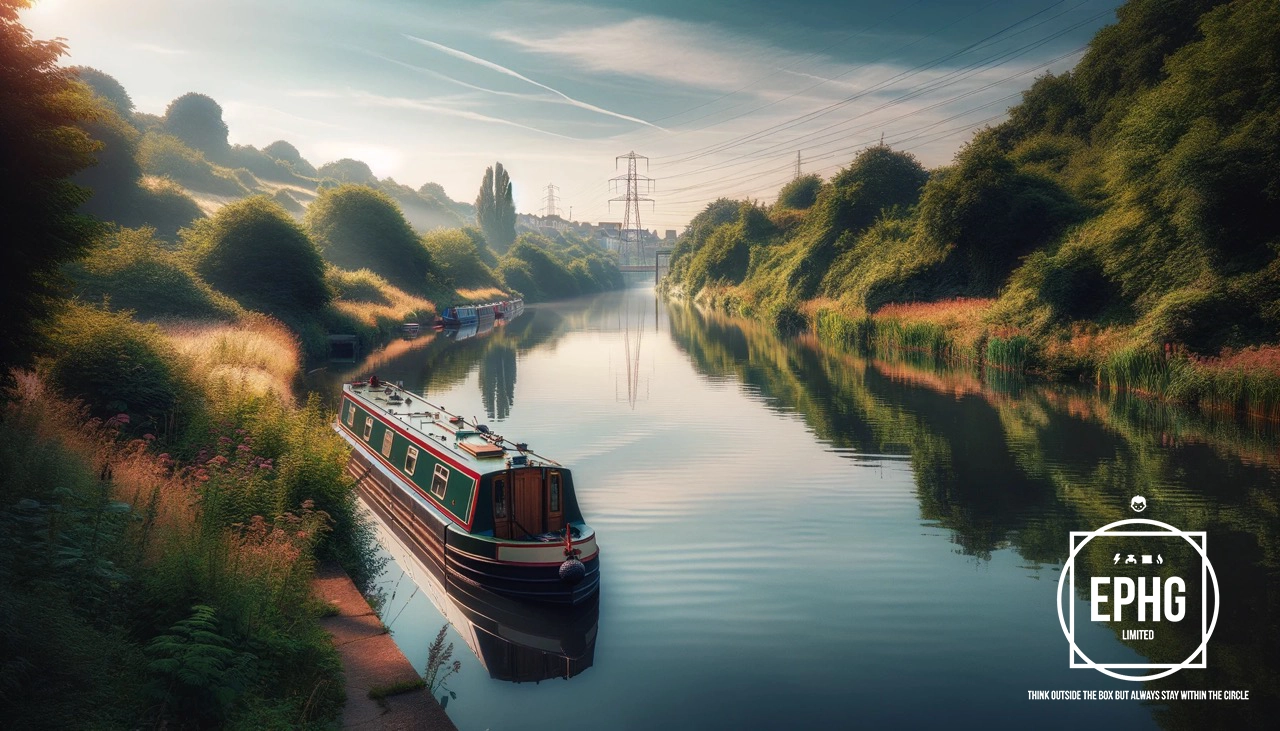
Regions within the HA Postcode
Harrow and Surrounding Areas
- HA0: Wembley Central, North Wembley
- HA1: Harrow, North Harrow, Northwick Park
- HA2: South Harrow, West Harrow
- HA3: Harrow Weald, Kenton, Wealdstone
- HA4: Ruislip
- HA5: Pinner, Eastcote
- HA6: Northwood
- HA7: Stanmore
- HA8: Edgware
- HA9: Wembley, Wembley Park, Wembley Central (east), Preston, Tokyngton
